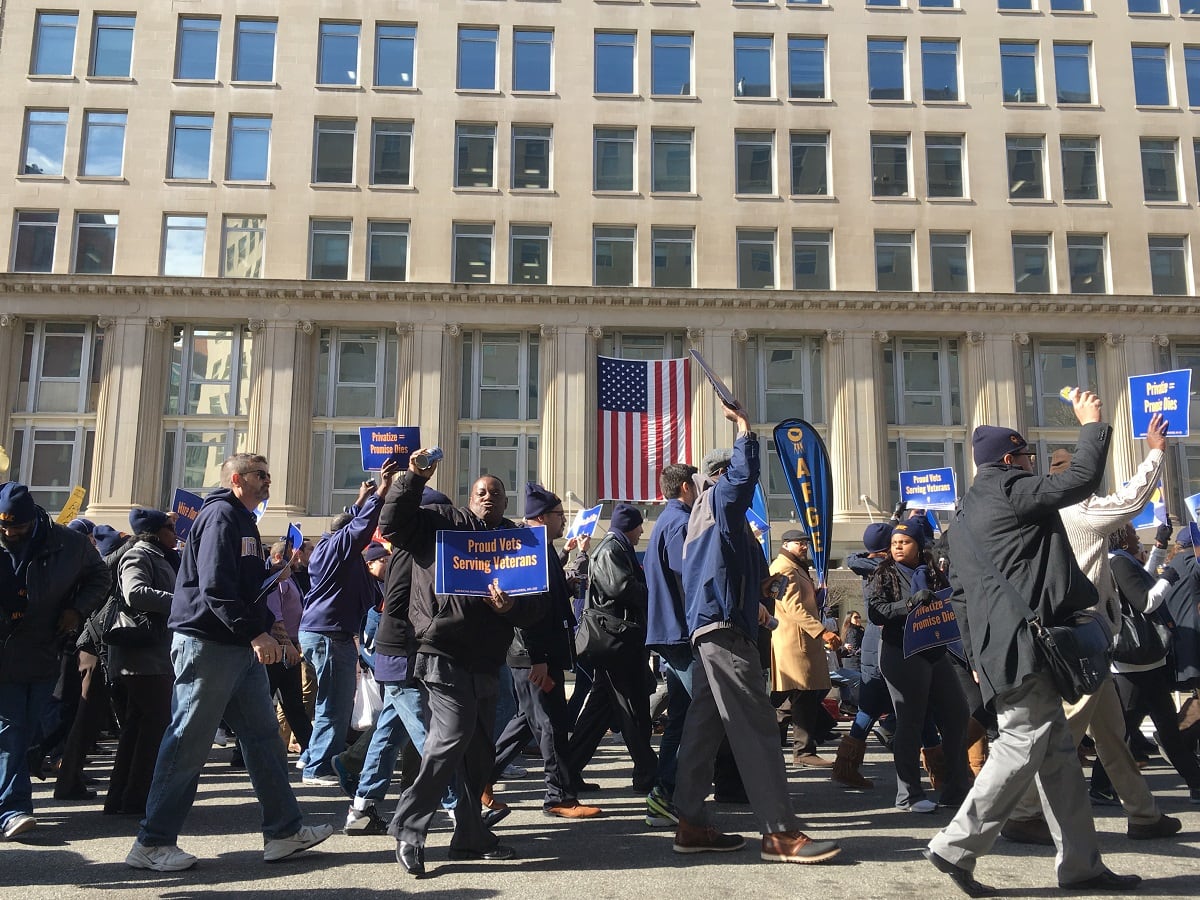Plans to grant hazard or premium pay to federal employees that must work in positions that could expose them to the COVID-19 pandemic are in the works from multiple angles, but none are guaranteed, leaving the possibility of such pay, and whether it will be retroactively enacted, up in the air.
Under the Health and Economic Recovery Omnibus Emergency Solutions Act, which passed the House back in May, feds who are required to have routine contact with the public or work in office spaces where social distancing and other protective measures are not possible would be entitled to $13 of premium pay per hour, including time worked before the passage of the bill.
The legislation has proven controversial for several of its provisions, and the Senate has yet to hold a floor vote on the bill. House Democratic leadership, meanwhile, has resisted the passage of a smaller stimulus bill in its place.
RELATED

Pressure to pass the HEROES Act or some other form of pandemic stimulus legislation increased this week, as unemployment benefit increases offered by previous pandemic stimulus will expire in most states over the weekend.
But passage of stimulus funding at all is not guaranteed, let alone a version that includes federal premium pay.
Meanwhile, the American Federation of Government Employees has filed a lawsuit against the federal government arguing that exposed general schedule employees are entitled to a 25 percent hazard pay differential and wage grade employees are entitled to 8 percent under U.S. Code.
Title 5 of U.S. Code, which covers the authorization of hazard pay, states that an agency “shall” pay the hazard pay differential for employees exposed to any number of hazardous duties, including, “materials of micro-organic nature which when introduced into the body are likely to cause serious disease or fatality and for which protective devices do not afford complete protection.”
The lawsuit alleges that the federal government has violated the law by not providing hazard pay to employees that were in positions with increased risk of COVID-19 exposure.
AFGE filed the initial lawsuit on behalf of employees at the Bureau of Prisons, Department of Agriculture and the Department of Veterans Affairs March 30, but the union amended its lawsuit July 22 to include plaintiffs from the Department of Labor, Social Security Administration, Federal Grain Inspection Service, multiple Department of Defense components and multiple Department of Homeland Security components.
Such a lawsuit could ensure hazard pay for certain groups of covered employees, though not all feds.
“Each day front-line federal employees willingly risk their health and their families’ health to provide critical services to the American people. Since our original complaint was filed in March, tens of thousands of federal employees have contracted COVID-19 and many more are suffering because they are being forced to go to work in unsafe environments. It is our hope that the government does right by these employees and pays them the hazardous duty pay they’ve earned,” said AFGE National President Everett Kelley in a July 23 news release.
“I also implore Congress to finally pass legislation to provide hazardous duty pay to all front-line federal employees not already covered by existing laws like our nurses in federal prisons and health care workers at the VA who provide direct patient care to our nation’s veterans.”
Meanwhile, agencies continue to bring employees back into the office under Trump administration reopening guidelines, potentially increasing the number of feds impacted.
Jessie Bur covers federal IT and management.





